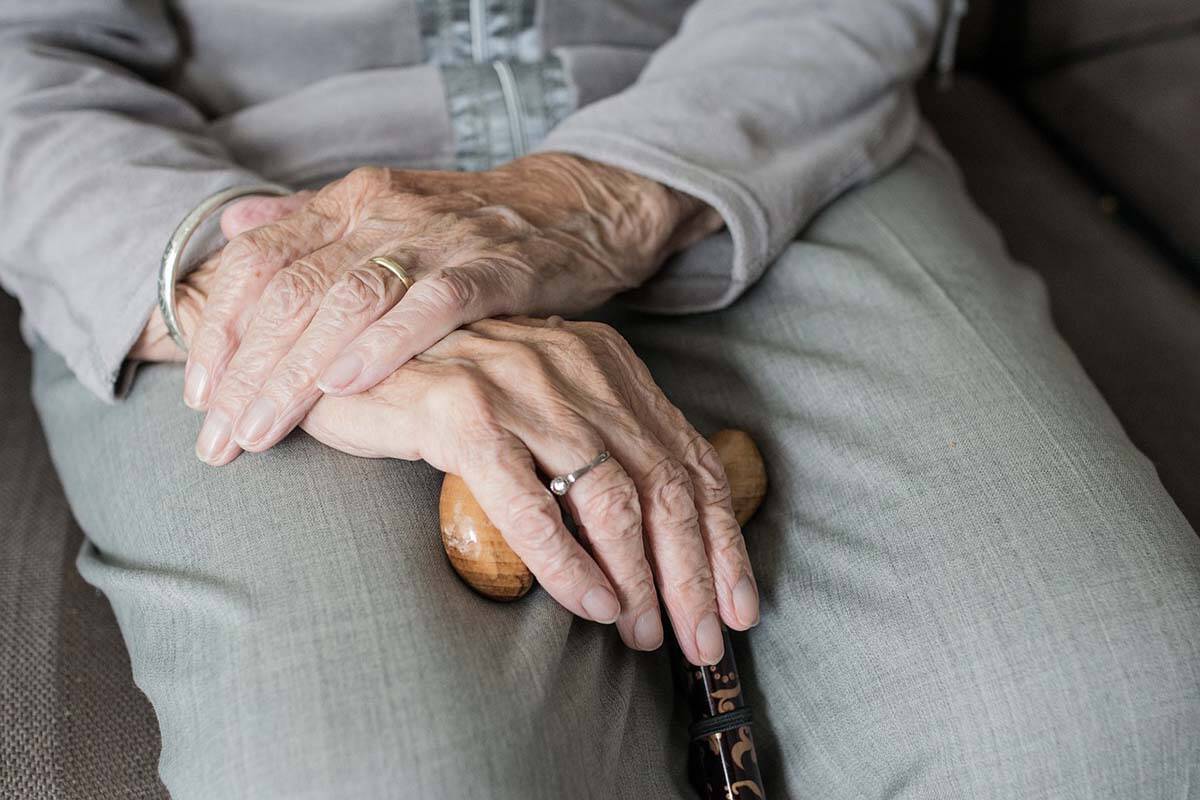A B.C. senior has at long last been allowed to correct her legal name, more than 70 years after it was misspelled on her birth certificate.
B.C.’s Ombudsperson recently examined the woman’s case, who is referred to as “Ms. M”, and determined the Vital Statistics Agency’s name-changing policies are too stringent and unfairly discriminate against older people.
In the case of Ms. M, the agency demanded at least two pieces of documentary evidence dating back to before her 12th birthday to prove the spelling of her first name. Known as “Elizabeth” her whole life, Ms. M says her name was mistakenly spelled “Elizebeth” with an “e” when her birth certificate was produced in the 1940s.
Now in her 70s, Ms. M found it nearly impossible to find any documentation from before her 12th birthday, and only managed to find an elementary school record. This wasn’t enough for the agency and they rejected her application.
In a report released Tuesday (Dec. 13), Ombudsperson Jay Chalke said Ms. M’s case shone a light on issues within the Vital Statistics Agency, which is responsible for registering all births, deaths, marriages and name changes in B.C.
“This rigid requirement could also disadvantage others who, because of individual circumstances, may find locating multiple records impossible. Public administrators must not establish policy restrictions that prevent services being accessible to all.”
As a result of Chalke’s recommendations, the agency has agreed to grant Ms. M’s name change, allow future requests to only have one piece of documentary identification and take better care to consider individual circumstances when making its decisions.
Chalke said his report should be a reminder to all public bodies to use better discretion.
READ ALSO: ‘It was like I needed permission from my rapist to talk’: B.C woman says ban turned town against her
@janeskrypnek
jane.skrypnek@blackpress.ca
Like us on Facebook and follow us on Twitter.

